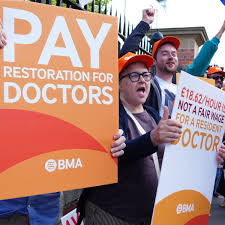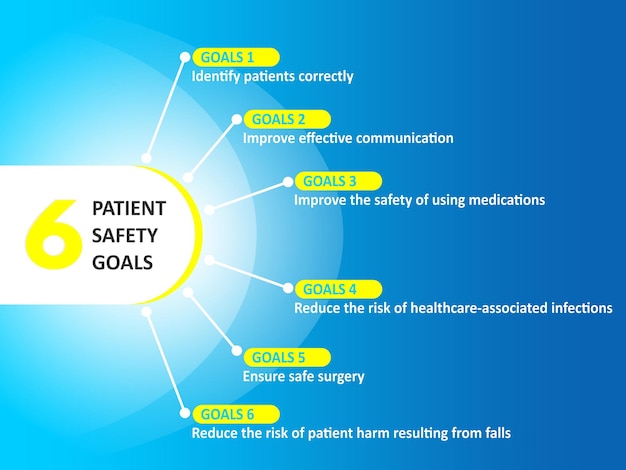
Introduction
In recent months, resident doctors strikes have garnered significant attention across the United Kingdom, raising concerns about healthcare delivery and the welfare of medical professionals. These strikes are often rooted in issues of pay, working conditions, and the broader healthcare system pressures exacerbated by the demands of the COVID-19 pandemic. The relevance of this topic cannot be understated as it not only affects the rights and livelihoods of doctors but also resonates deeply with patients relying on the National Health Service (NHS) for timely medical care.
Current Events and Causes of Strikes
In September 2023, the British Medical Association (BMA) announced that resident doctors would strike after negotiations with the government over pay escalated tensions without satisfactory resolution. This action followed a series of protests in which doctors expressed their frustration over pay freezes, excessive workloads, and increasing mental health issues stemming from job stress. The BMA argues that the pay for junior doctors has effectively declined in real terms over the last decade, and without greater investment in their salaries and working conditions, the NHS will struggle to retain healthcare professionals.
In August 2023, the Royal College of Physicians reported that 65% of junior doctors were considering leaving the profession due to dissatisfaction with their work-life balance. This alarming statistic underlines the urgency for systemic change, as high turnover rates could lead to further strain on the already stretched NHS resources.
Impact on Healthcare Services
The implications of these strikes are profound. Many hospitals face significant delays in patient care, elective surgeries are postponed, and routine appointments are being cancelled. Reports from NHS England indicate that the backlog of patients has already ballooned, and these strikes are likely to exacerbate the situation. The long-term impact of reduced availability of resident doctors could lead to an increased burden on healthcare services in the coming months, further affecting patient outcomes.
Conclusion
The ongoing strikes by resident doctors in the UK highlight a critical juncture for the healthcare system. If the government does not engage in meaningful dialogue with healthcare professionals soon, the strikes could continue, leading to more extensive disruptions in patient care. It is essential for both parties to prioritise finding common ground to address these issues before they escalate further. As negotiations unfold, both the future of healthcare delivery and the wellbeing of medical professionals depend on the outcomes of these discussions. This situation serves as a reminder of the vital roles resident doctors play in the NHS and the urgent need for systemic improvements.
You may also like
The Integral Role of Hospitals in Modern Healthcare

The Role of Face Masks in Public Health Today
